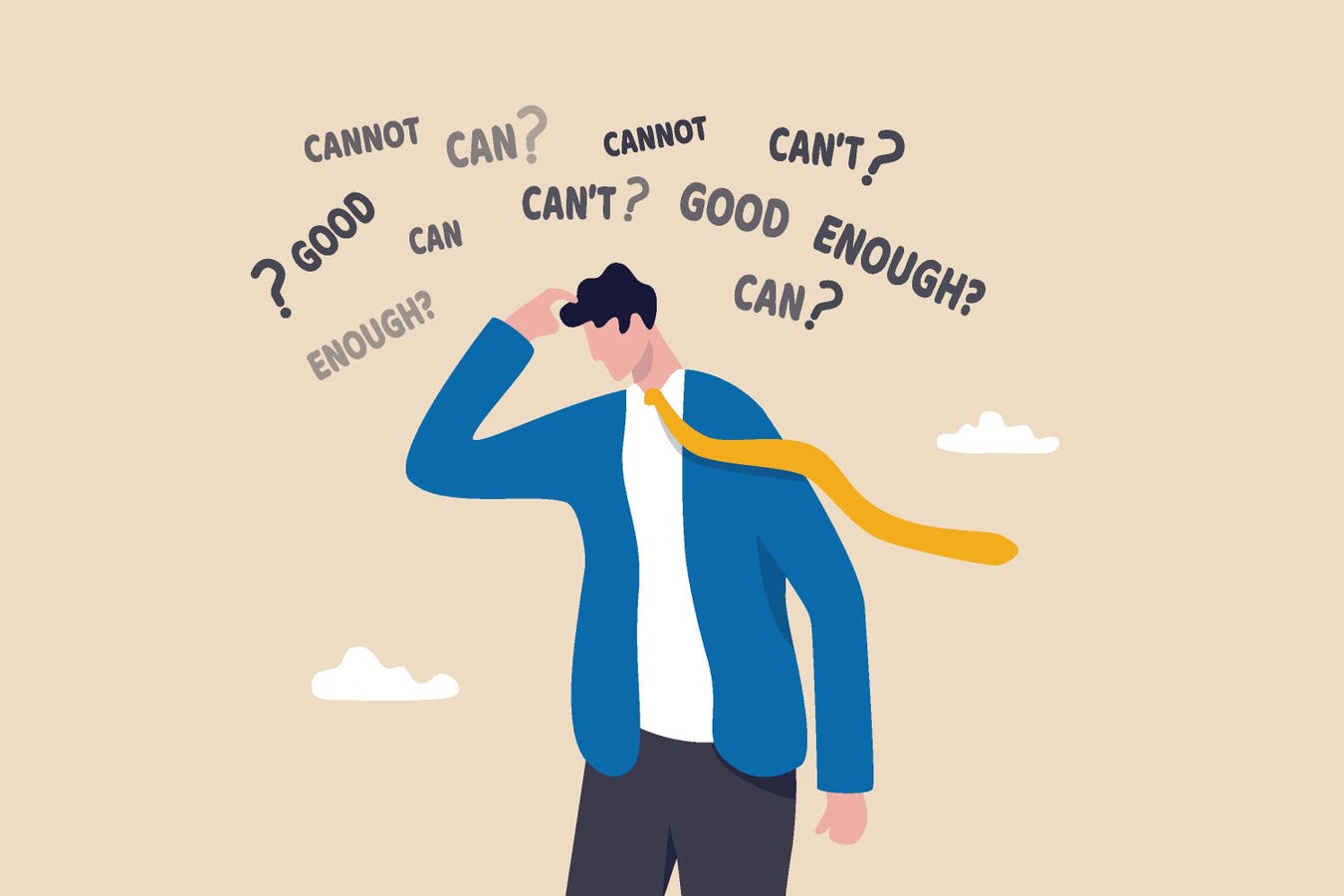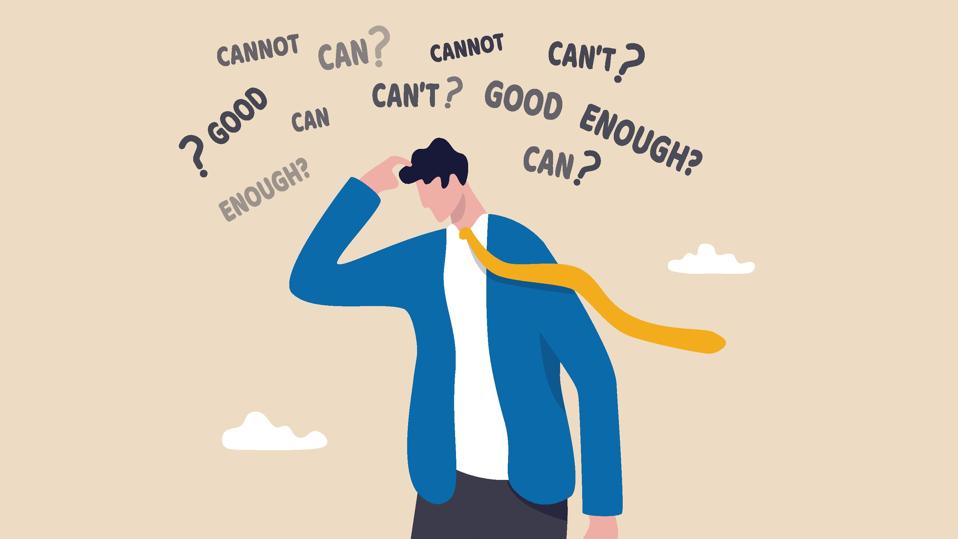If you’re tired of living for others rather than living for yourself, you might be feeling lost … More
The journey to finding, or rather, understanding yourself is lifelong and one that is constantly evolving. With every phase of life, you likely learn a little more about yourself. In some ways, you grow and in others, you outgrow the old.
This process is rarely ever linear. You may not walk a straight path directly from confusion to clarity. You may experience both, while learning and unlearning parts of you throughout your life.
This is why it’s normal to go through phases of deep uncertainty. It could be about your path, your purpose and even your sense of self. That said, it’s important to remember that there’s no deadline by which you’re supposed to have it all figured out, even if the world around you often makes it feel that way.
It’s possible to feel you have found clarity at 22, then question everything at 29 and feel lost at 40, then rediscover something new about yourself at 41.
While these periods of uncertainty are natural, there are also certain patterns that can make them more confusing or longer than they need to be. This might lead you to circle around the same questions over and over, such as why you haven’t been able to figure out what you want or why you feel so disconnected from yourself.
Here are two reasons why you often feel lost in life, based on research.
1. You Confuse External Expectations For Inner Clarity
On the surface, you may feel like you’ve made clear choices and independent decisions in your life. However, these choices may have been subtly or overtly influenced by what others expected of you, including your parents, teachers or your socio-cultural environment.
In contrast, goals shaped by genuine self-exploration tend to align with who you truly are, rather than who you’re expected to be. This also makes them more fulfilling and sustainable in the long run.
Even with this knowledge, the influences from your environment and upbringing are often so deeply intertwined with your sense of self that it can be hard to tell where external expectations end and your true desires begin.
It’s normal to mistake the opinions and ideals subtly placed upon you as your own, often not out of denial, but simply because it’s all you’ve ever known.
Classic research by psychologist James E. Marcia, published in the Journal of Personality and Social Psychology, offers some insight into this experience.
Marcia sought to understand how young people develop a sense of identity; specifically how they figure out who they are and what they want in life.
Participants were grouped into four “identity statuses” based on whether they had actively explored different life paths and whether they had committed to any, like career choices or belief systems.
These categories included people who had explored and committed (Identity Achievement), those still exploring (Moratorium), those who committed without exploring (Foreclosure) and those who hadn’t done either (Identity Diffusion).
Marcia used both interviews and real tasks, such as mentally challenging puzzles under pressure, to see how well people coped with internal stress and whether their decision-making was authentic or externally driven.
Marcia found that those who had explored and then committed (Identity Achievement) were more resilient under stress, set realistic goals and had healthier self-esteem.
On the other hand, those who had simply adopted what others expected of them without real self-reflection (Foreclosure) set overly ambitious goals, showed more rigid thinking and struggled more under pressure.
This highlights something simple yet profound: that true clarity and confidence don’t come from trying to match up to what others expect of you, but rather from exploring your values and desires first.
Let this also be a reminder that surface-level certainty, like choosing a career path early or appearing decisive doesn’t always mean you’re in tune with yourself.
So, in case you find yourself spiraling about being confused or unmotivated despite having a “clear” path laid out for you, just know that it’s possible that this confusion is not random. It could be arising from a silent mismatch between what you’re doing and what you truly want.
Use this inner conflict as a signal to ask yourself if this is really what you want or just what you thought you were supposed to want.
When you start being honest with yourself, it can feel unsettling at first. However, this is often the starting point of true inner alignment.
2. You Don’t Have The Space To Listen To Yourself
Feeling lost is often a result of not having the time and space to connect with yourself. This is especially difficult due to the demands of hustle culture. Your inner voice, wants or opinions can easily get drowned out in the noise of constantly being told what to do.
It’s possible that you become so used to external input, deadlines and fast-paced routines that the idea of slowing down to actually ask yourself, “What do I want?” can feel foreign.
The problem isn’t about being lost. It’s more about the fact that you likely haven’t given yourself space or a chance to truly listen to your inner self.
Research published in Neuroimage explored how the tendency to “mind-wander,” that is, to get lost in your thoughts, is connected to specific brain networks, particularly the default mode network.
Researchers found that by stimulating certain regions of the brain including the right inferior parietal lobule (IPL) and the medial prefrontal cortex (mPFC), they could either reduce or increase a person’s mind-wandering.
When certain parts of the brain, like the medial prefrontal cortex (mPFC), sent signals to another area called the posterior cingulate cortex (PCC), it made people more likely to drift into their thoughts.
In short, this means that when the brain is overly activated in certain ways, especially under constant stimulation and busyness, it becomes harder to filter through internal noise and hear what you truly think or feel.
This is why stillness is necessary for clarity. Without moments of conscious reflection, it’s easy to confuse mental noise for intuition.
If you’ve been feeling unsure about your future or disconnected from your purpose, the answer might lie in taking a pause and doing less.
True clarity rarely ever comes in the middle of chaos. Instead, it often arrives in the quiet moments, when you stop trying to figure everything out and simply listen, or rather, when you let yourself just be. Know that your inner voice isn’t gone. It’s just waiting for enough stillness to be heard.
Build Clarity By Getting Closer To Yourself
Here are a few ways to feel closer to yourself and more certain about the path that lies ahead.
- Practice “decision journaling.” When you make a choice, whether big or small, note down the reason behind why you chose it. Revisit it after a few weeks to see if it came from external pressure or inner alignment.
- Schedule “white space” into your week. Block out even 30 minutes where you do absolutely nothing, not even scrolling or planning. This is your time to just be intentionally bored. This helps your mind reset and allows deeper thoughts to surface.
- Audit your energy at the end of the week. Reflect on what drained you and what energized you, even slightly. Over time, patterns emerge. The things that leave you feeling light often align more with your values and desires.
- Visualize two versions of you. Imagine one version of you continues as things are and another version chooses differently; maybe this version takes a risk, leaves something behind or says yes to what feels right. Which version feels more alive, even if it’s scarier?
- Do a “no-judgment” thought dump. Set a timer for 10 minutes and write down or record a voice memo expressing your needs and feelings. These could be big or small, realistic or not. Do this without filtering them or trying to make sense of them immediately. Often, when you stop judging your wants and feelings, you get closer to your true self.
Remember that the point isn’t to have everything figured out. It’s to get closer to yourself. Not to find the supposed “right” answer, but to gently tune in to what feels right to you, what lights you up and what makes you feel like you’re finally coming home to who you are.
Take this science-backed test to understand what’s really shaping your choices — internal drive or external pressure: Locus Of Control scale









